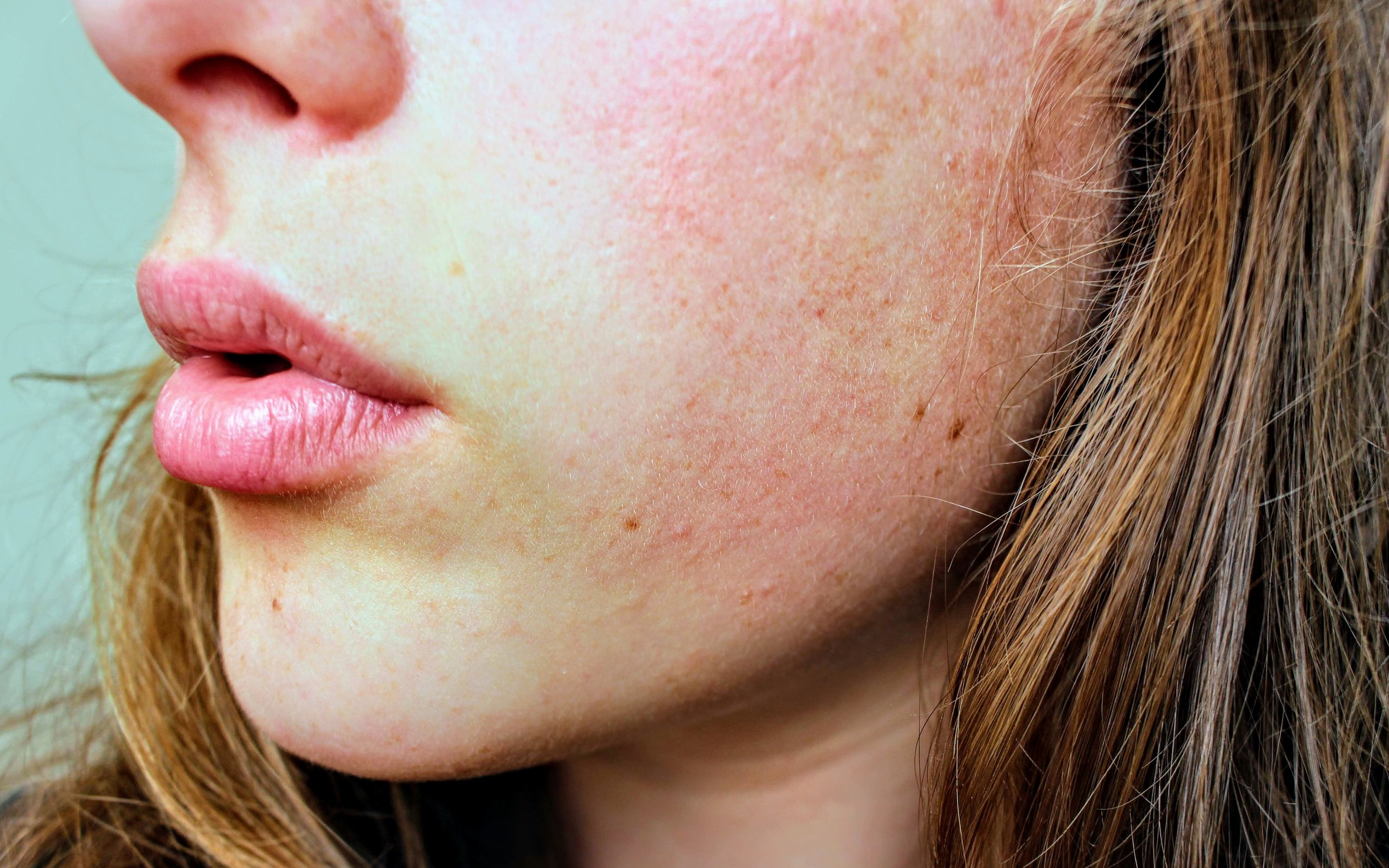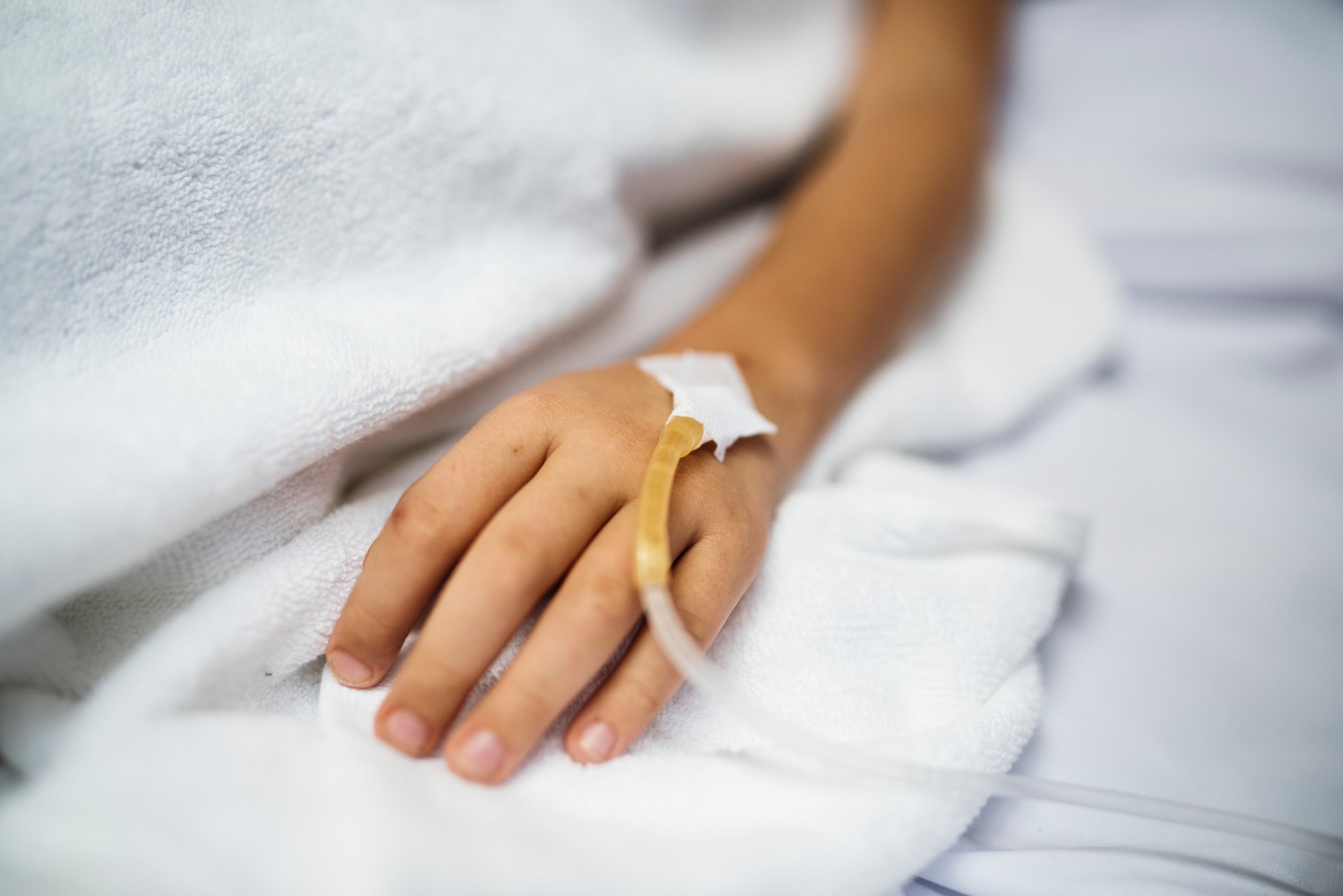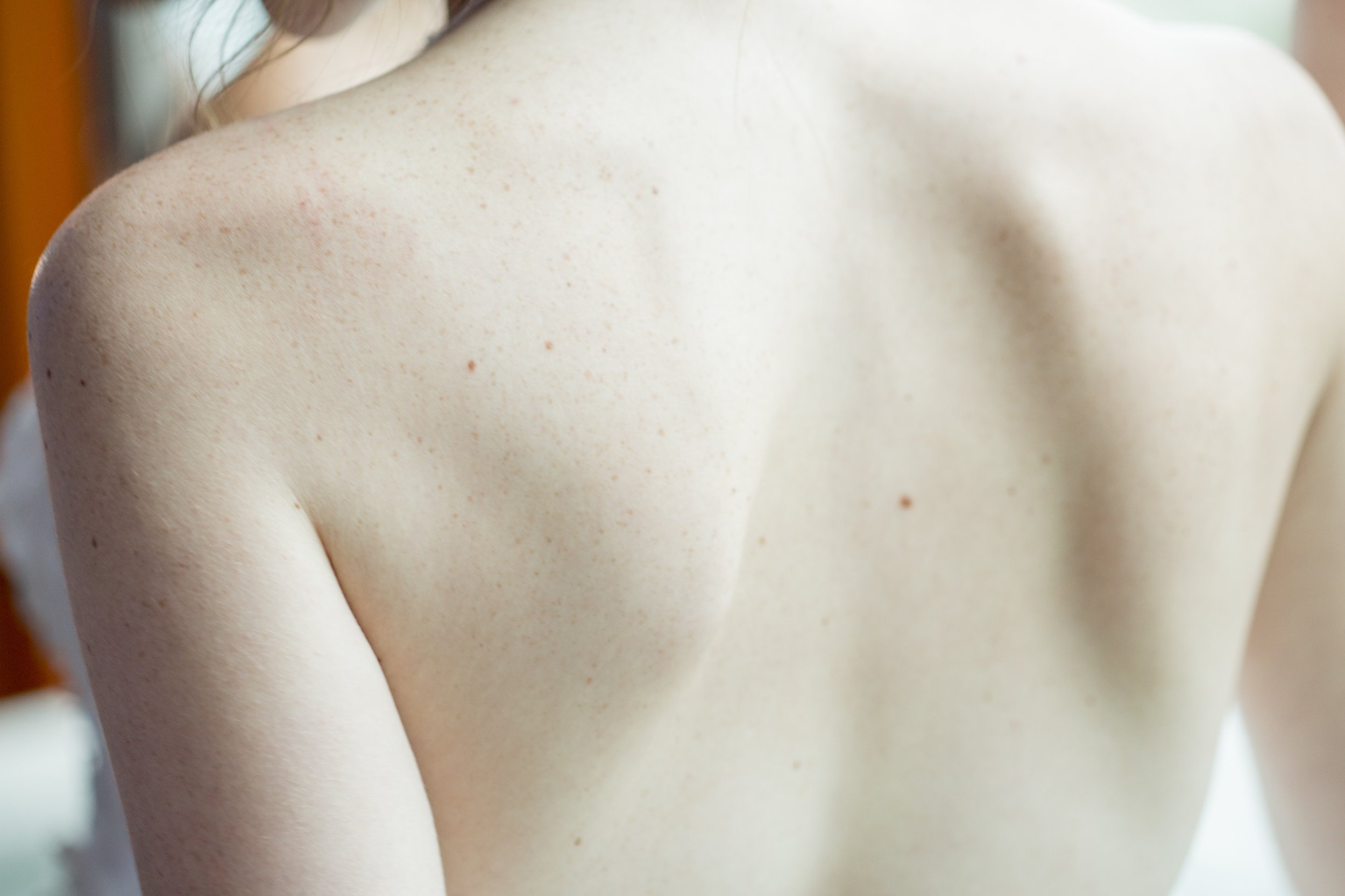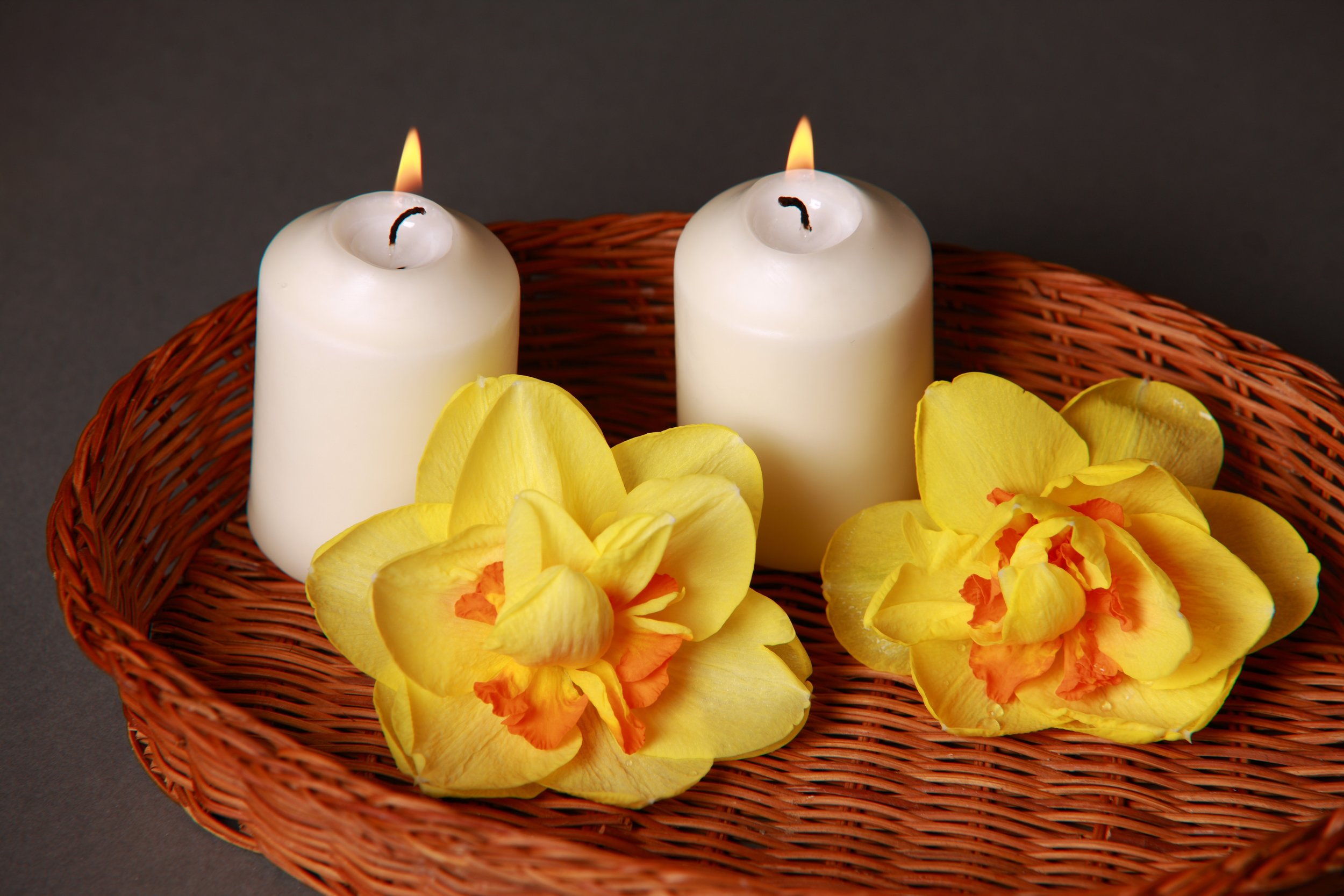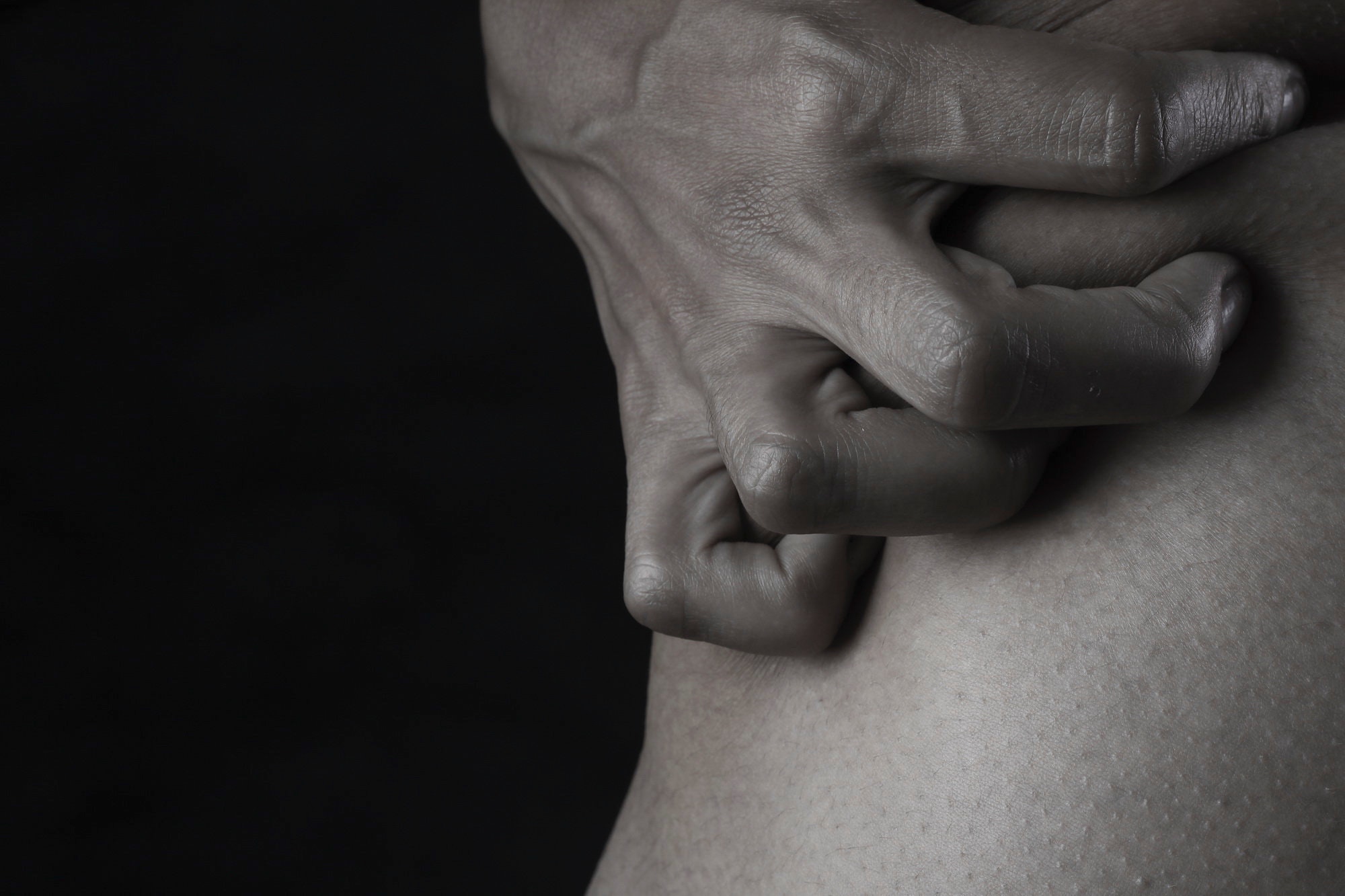Acupuncture for Psoriasis
/Dry, flaky or itchy red spots on the skin are an unfortunate dermal condition that affects up to 7.5 million Americans.
More common amongst adults but also known to afflict children too, its caused by rapidly multiplying skin cells that result in a build up of the dying cells beneath the skin’s surface. Typically, it looks like raised and red plaque with white scales ans is commonly found on the knees, elbows and scalp but can also affect other parts of the body.
Though frustrating and uncomfortable, there are a variety of treatments — mostly topical, — that can help to treat plaque psoriasis. But before you head to the pharmacy, you just might want to try acupuncture first.
According to a systemic review published in JAMA Dermatology as explained by Healio, alternative therapies are sought by up to 51% of patients with psoriasis. Popular among them — acupuncture.
Upon reviewing articles published between 1991 . and 2017, researchers shared the following findings:
“one meta-analysis that concluded acupuncture improved psoriasis.
three randomized clinical trials that found meditation and guided imagery therapies showed modest efficacy in psoriasis treatment.
five randomized clinical trials that concluded topical indigo naturalis application significantly improved psoriasis treatment.
three randomized clinical trials that found curcumin provided statistically and clinically significant improvements in psoriasis plaques.
20 studies that concluded that though fish oil treatment was not effective in randomized clinical trials in treating psoriasis, fish oil was effective when used daily.”
The powers of holistic therapy are nothing new, but any time the healing power of acupuncture and other noninvasive therapies are discovered, it’s worth celebrating.
If you are struggling with psoriasis or any other frustrating skin conditions, schedule an appointment with us today!


